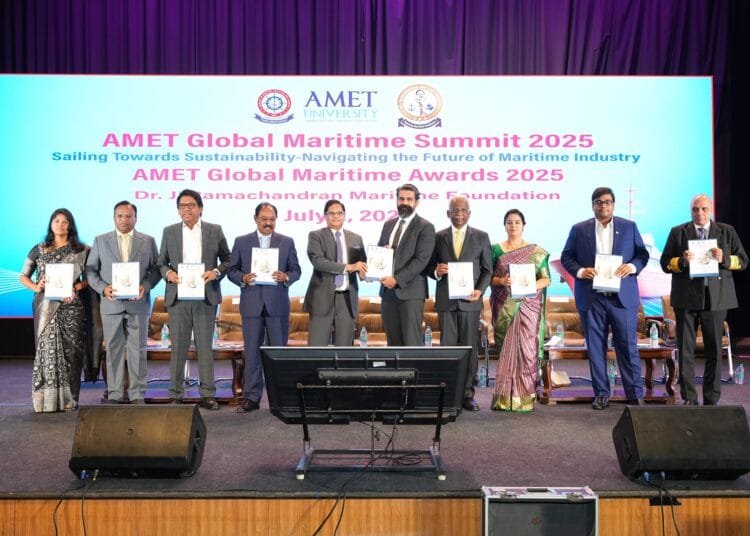S&T opportunities
India and Israel have agreed to give boost the bilateral cooperation in science and technology (S&T) under the aegis of a 1993 S&T Agreement.
“We would like to identify new opportunities and mechanisms to expand and upscale our cooperation agenda by creating a value based relationship which can contribute to the 21st century knowledge economy,” said Dr. Harsh Vardhan, Union Minister for Science, Technology and Earth Sciences.
India and Israel have agreed to give boost to the bilateral cooperation in science and technology under the aegis of the S&T Agreement, he said during a meeting with visiting Minister for Science, Technology and Space Ofir Akunis and his delegation on December 6 in New Delhi.
India and Israel together have implemented a large number of cutting edge research projects in applied areas covering Agricultural and Medical Biotechnology; Human Genomics; Advanced Materials & Nanotechnology; Imaging Sensor & Robotics; Solar Energy; Communication & Information Technology; and Lasers & Electro-optics.
As a follow-up to the India-Israel Joint S&T Committee meeting which was held in Jerusalem earlier this year, the two Ministers agreed to step up the collaboration in the next two years by providing US$1 million from each side to support new R&D projects in the cutting edge areas of ‘Big Data Analytics in Health Care’ and ‘Security in Cyber Space’.
The joint projects will be awarded to the partnering academic and R&D laboratories from the two countries during the next year.
As a part of these projects, student exchanges will be encouraged in order to connect the next generation and sustain the pipeline of future collaboration, said a statement from the Press Information Bureau.
In recognition of the importance of promoting women in science it was agreed to consider special initiatives to support women in science and technology through new joint programs in this area.
Dr. Harsh Vardhan said that by connecting the academic institutions and industries from both countries, “we will not only stimulate new knowledge creation but also foster innovation and techno-entrepreneurship”.
“Both countries should continue their commitment to further strengthen this strand of our bilateral S&T cooperation which is of mutual relevance and in line with our national priority,” he added. fii-news.com










